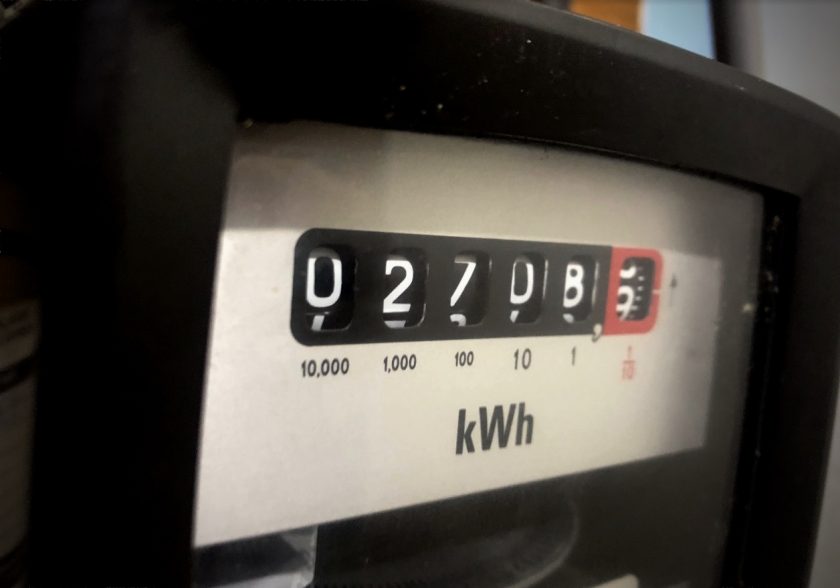Energy bills to increase by 1% in April, industry analysts warns

UK households are set to face another rise in energy costs this spring, with industry analysts Cornwall Insight predicting the price cap will increase to £1,762 per year for a typical dual-fuel customer.
This represents a 1% increase from the current cap of £1,738, with additional regulatory changes potentially adding a further £20 to annual bills.
The continued uncertainty regarding the future of the Russia-Ukraine conflict and its implications for gas supplies to Europe is now occurring against the backdrop of an impending second Donald Trump presidency and its impact on gas exports from America – in addition to question marks over effects on economic growth in general.
Dr Craig Lowrey, Principal Consultant at Cornwall Insight, said: “Energy bills in 2025 are shaping up to reflect a perfect storm of regulatory changes and market turbulence. While significant rises are currently unlikely, the scale of any increases will depend on market dynamics and the outcome of proposed reforms.”
Cornwall Insight highlights new reforms that could further raise the price cap.
These include allowances to fund the Energy-Intensive Industry (EII) network charge exemption scheme and an extension of Ofgem’s Supplier Bad Debt Allowance, which supports customers on prepayment meters.
Factoring in these changes, the cap could reach £1,782 per year—a 2.5% rise from January.
In addition, energy network charges and other non-wholesale costs are contributing to increased electricity and gas expenses.
Ben Gallizzi, energy expert at Uswitch.com, urged households to explore fixed-rate deals, which may be cheaper than the predicted cap. “There are now a range of fixed deals available that are significantly cheaper than the predicted price cap for January. The average household could save up to £112 per year by switching to a 12-month fixed deal,” he said.
For those struggling with their bills, Ben advised: “Consumers worried about paying their energy bill should check what energy help they are eligible for and contact their supplier, who may be able to offer support.”
Despite the rise forecast for April, Cornwall Insight expects energy prices to drop by July. However, the long-term impact of recent announcements—such as extending the lifespans of key UK nuclear plants—remains uncertain.
Dr Lowrey stressed the need for policymakers to address affordability issues: “Fuel poverty will continue to be a pressing issue. Policymakers and suppliers must prioritise supporting vulnerable consumers, including through financial assistance and accelerating energy efficiency programmes.”
Spotted something? Got a story? Send a Facebook Message | A direct message on Twitter | Email: [email protected] Latest News









